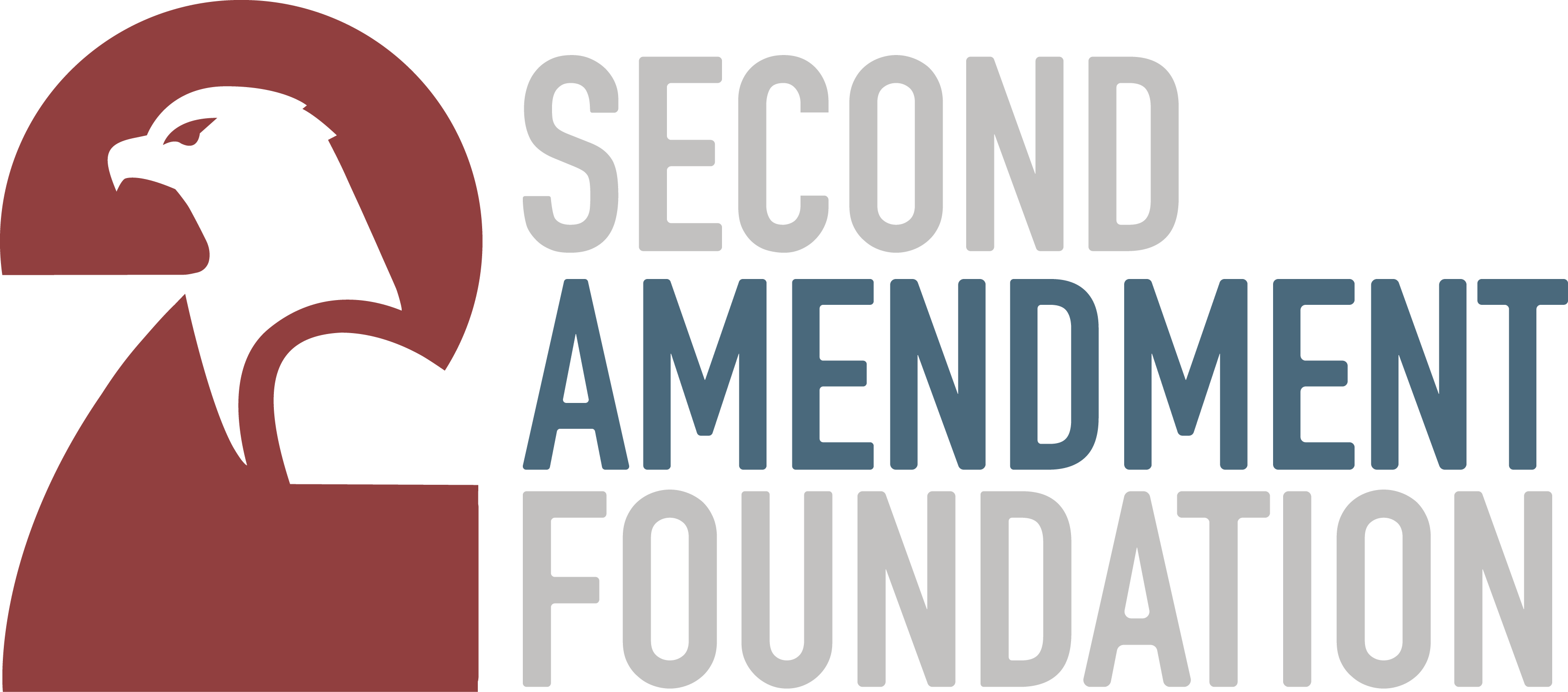BELLEVUE, WA – The Second Amendment Foundation has filed an amicus brief supporting a federal challenge of New York State’s “rifle license” requirement in a case known as McGregor, et al v. Suffolk County, et al.
The brief was submitted to the U.S. District Court for the Eastern District of New York. Attorneys representing SAF are Edward Andrew Paltzik, Andrew Bochner and Serge Krimnus at Bochner IP, PLLC in New York, NY, and Adam Kraut with SAF in Bellevue, Washington.
In its opening remarks, the SAF brief states, “The State of New York’s requirement to obtain a “rifle license” before an individual may acquire a semiautomatic rifle is repugnant to the plain text of the Second Amendment and this nation’s history and tradition.”
“There were,” said SAF founder and Executive Vice President Alan M. Gottlieb, “a handful of colonial, founding era, and 19th Century laws which required the licensing of an individual to acquire/possess firearms. But those laws were systemically racist in nature and applied to a small subset of individuals who were persons without recognized rights and would never withstand constitutional scrutiny today.
“There is nothing in the Second Amendment about race,” he continued, “nor is there any mention of a requirement that government give its permission so that an individual may exercise the right to keep and bear arms. That New York would rely on such historical perspectives to justify its law is indefensible.”
“The state’s requirement that an individual obtain a license prior to acquiring a long gun is simply incompatible with the text of the Second Amendment as informed by this nation’s history and tradition,” said attorney Adam Kraut, who also serves as SAF executive director. “New York has continuously imposed additional burdens and regulations on peaceable individuals on the purchase, transfer, and possession of firearms that do not conform with constitutional limitations on the state’s power. It is time for New York to recognize that, despite its preference to the contrary, it does not have the constitutional authority to enact these types of laws which only serve to impede an individual’s ability to exercise their constitutional rights.”

